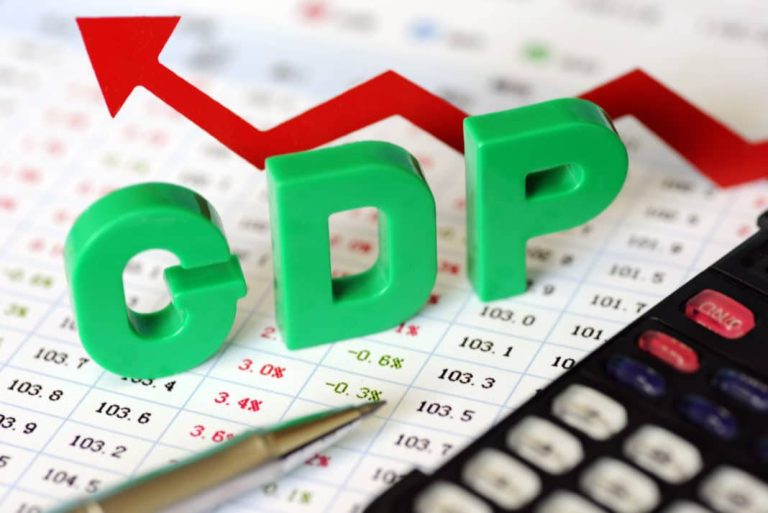The underappreciated but expanding non-oil sector, which is crucial to the economy, has come to light as a result of Nigeria’s GDP being rebased.
Although this has demonstrated that the oil industry is no longer the primary driver of the nation’s economic activity, it does suggest that attempts to wean the economy off of it are progressing well.
Keep in mind that the 2016 global economic downturn had a significant impact on the oil industry, which caused Nigeria’s economy to enter a recession.This led President Muhammadu Buhari’s previous administration to take a number of steps to encourage non-oil exports in order to protect the nation from international shocks that could jeopardize the stability of oil prices.
Nevertheless, the benefits of the achievement were concealed within the outdated GDP calculation basket.
With 2019 as the new base year, the National Bureau of Statistics (NBS) revised the GDP basket item, and the economy grew from N314.02 trillion in 2023 to N372.82 trillion in 2024. The shift provides a more accurate view of Nigeria’s economic realities by incorporating more unorganized and developing sectors, such as digital technology and the creative industries.





